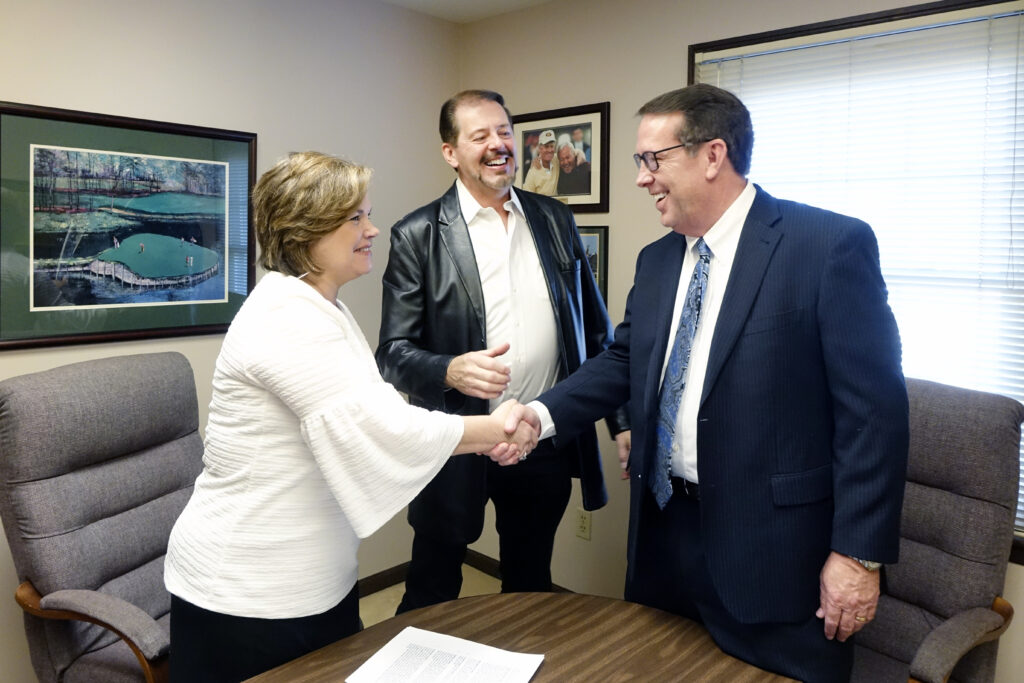In the current real estate market around the country, property values continue to go up. Appraisals are also coming in higher. This means that seniors may be able to get more funds from a reverse mortgage. Should I consider a Reverse mortgage is a question the attorneys at Beck, Lenox & Stolzer Estate Planning and Elder Law, LLC, LLC, are beginning to hear from some of our clients.
Patch’s recent article entitled “Is A Reverse Mortgage Right for You?” explains that reverse mortgages permit homeowners who are at least 62 to borrow money on their house. The homeowner gets money from the lender based largely on the value of the house, the age of the borrower and current interest rates. The loan doesn’t need to be paid back until the last surviving homeowner dies, sells the house, or moves out permanently. Homeowners can use money from a reverse mortgage to pay for improvements to their home, to let them wait to claim Social Security, or to pay for home health care.
The most widely available reverse mortgage product is the Home Equity Conversion Mortgage (HECM). This is the only reverse mortgage program that’s insured by the Federal Housing Administration (FHA). The national limit on the amount a homeowner can borrow is $822,375.
Seniors with more expensive homes have an increased chance to get a jumbo reverse mortgage to raise cash for retirement. When the previous housing market improved, these jumbo reverse mortgages were in high demand.
High end borrowers must look at a jumbo reverse mortgage. This type of loan has no loan limits. Jumbo reverse mortgages let a senior borrow millions of dollars. In fact, qualified borrowers can borrow up to $four million in loan proceeds.
Reverse mortgages are “non-recourse” loans. This means that even if the house eventually sells at a price below the amount of the reverse mortgage, the seller never owes more than the value of the home.
The amount of money seniors can qualify for, is based on their age and the home value. The older they are, the more money for which they can qualify.
A big reason to use a reverse mortgage is to pay for home care to stay out of a nursing home. By using a reverse mortgage to pay for home care, a senior may not be required to use their own retirement accounts, which can jeopardize their ability to pay for future healthcare needs.
A reverse mortgage may not be best for everyone. Consult with an experienced elder law attorney if you are asking, “Should I consider a Reverse mortgage?” Beck, Lenox & Stolzer can guide you to a reputable reverse mortgage lender if you choose to get one, or if you already have one, and want to look into refinancing it.
Reference: Patch (June 1, 2021) “Is A Reverse Mortgage Right For You?”










